Menu
Trees are more than towering entities in our landscapes; they are essential to our ecosystem, providing shade, oxygen, and aesthetic beauty. However, the decision to cut tree roots, whether driven by the need to construct, clear space, or address potential hazards, comes with a series of dangers that demand careful consideration. At Driscoll Tree Service, we leverage extensive knowledge and expertise, ensuring quality services. Let’s look at the risks associated with cutting tree roots and the significance of seeking help from professional arborists.
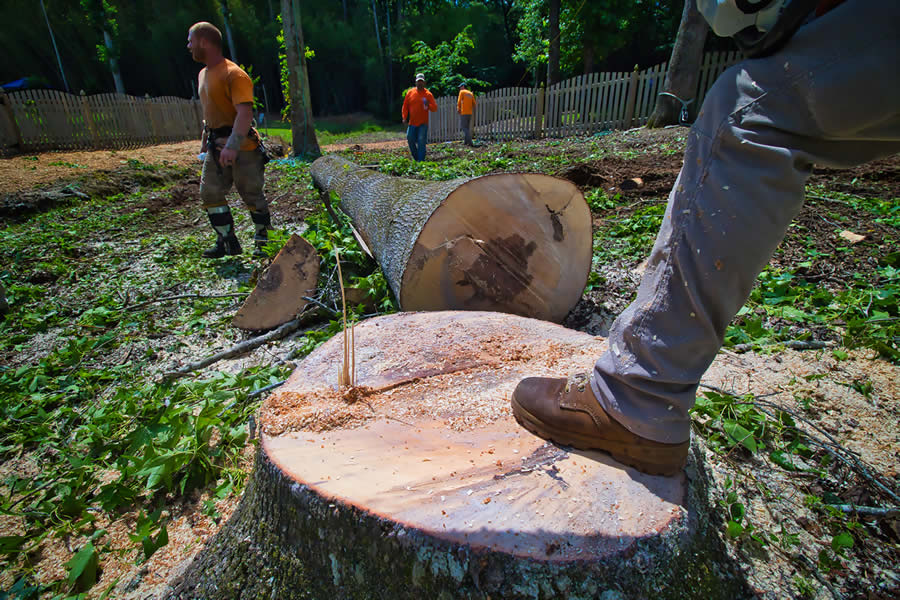
Tree roots are a vital anchor, securing trees into the ground while facilitating water and nutrient absorption. The intricate network of roots extends far beyond what meets the eye, playing a pivotal role in the overall health and stability of the tree. Altering or cutting tree roots disrupts this delicate balance, leading to potential issues.
Cutting tree roots can compromise the tree’s stability. Roots provide the foundation that prevents trees from toppling during storms or high winds. Disrupting this balance could lead to unexpected falls that could damage property, endanger lives, and disrupt the surrounding environment.
Severing tree roots can severely affect the tree’s ability to absorb water and nutrients from the soil. This can lead to a weakened tree, making it more susceptible to diseases, pests, and even death. Trees may exhibit signs of stress, such as wilting leaves and diminished growth.
When tree roots are cut on one side, the tree might lean or tilt in the opposite direction. This uneven weight distribution can cause structural imbalances, rendering the tree unstable and hazardous.
Trees sometimes respond to root cutting by initiating new root growth. While this might seem like a solution, it can lead to uncontrolled root sprouting, creating a thicket of new roots that further disrupt the soil structure and increase the risk of tripping hazards.
In response to root cutting, some trees regrow to compensate. However, this causes an uncontrollable tangle of new roots, undermining soil stability and increasing the risk of tripping hazards. The best way to avoid such scenarios is to hire a trusted tree care company for routine maintenance. We leverage innovative equipment and proven strategies to mitigate regrowth and other subsequent hazards.

Given trees’ complex nature and root systems, it’s imperative to seek help from a professional service when considering tree removal and root cutting. While DIYers can handle minor projects, here are reasons to work with a tree care company.
Professional tree services employ proper techniques when cutting tree roots to minimize the impact on the tree. These techniques include strategic pruning, root barrier installation, and promoting healthy root growth.
Arborists prioritize the preservation of trees whenever possible. They can offer alternative solutions, such as root redirection or selective pruning, to achieve your goals without endangering the tree’s well-being.
Many areas have legal regulations surrounding tree removal and root cutting. Professional tree services are well-versed in these regulations, ensuring compliance while minimizing environmental impact.
Cutting tree roots is not a decision to be taken lightly. The potential dangers of destabilizing trees and compromising their health are significant. Consulting professional tree services is crucial for making informed choices that balance your needs with preserving these vital natural assets. Contact us at the Driscoll Tree Service and schedule a consultation with our team of experts.
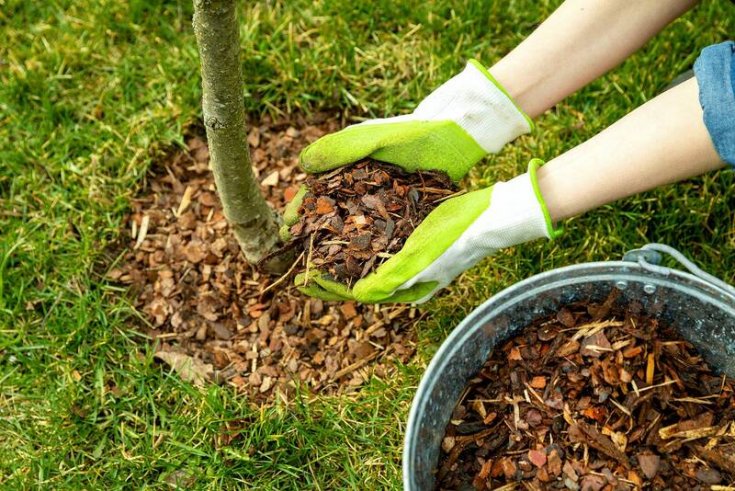
The Importance of Mulching Newly Planted Trees Regarding landscaping and gardening, the intricacies of nurturing nature’s wonders are both an art and a science. One crucial aspect that often goes unnoticed but is paramount is mulching newly planted trees. Mulch,…
Read More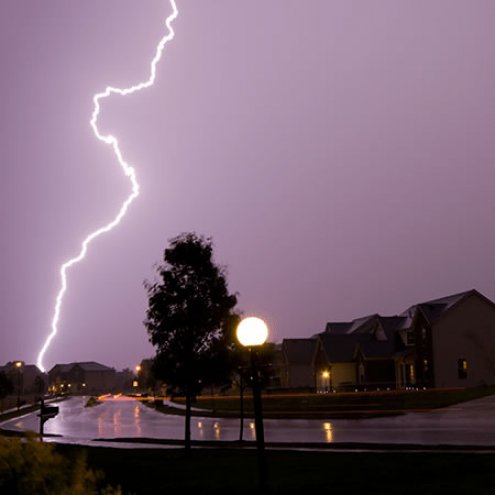
Trees and Lightning Strikes Lightning doesn’t strike the same place twice. While this might be true, you know how destructive it can be if you live in an area that frequently experiences such weather phenomena. Towering trees are easy targets,…
Read More
Tree Planting Aftercare A tree can add immense value to your landscape, providing many benefits like shade, curb appeal, and overall environmental well-being. However, planting the tree is just the beginning. Ensuring its growth and longevity requires proper aftercare, and…
Read More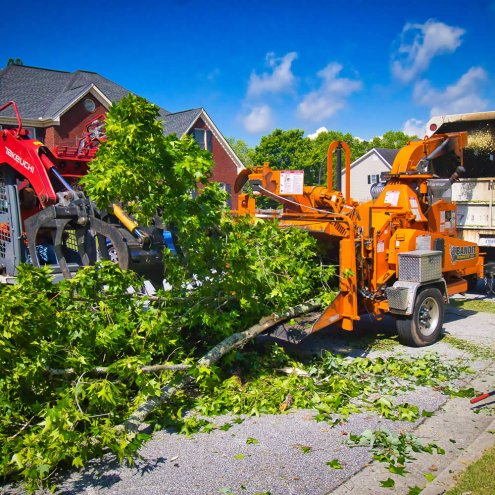
The Dangers of Ignoring Tree Removal Trees are not only nature’s exquisite creations but also valuable assets that enhance the beauty and character of your landscape. Their presence provides shade, improves air quality, and contributes to the overall aesthetics of…
Read More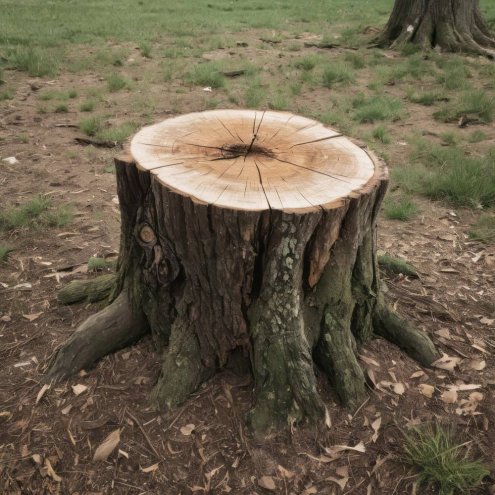
Can a Tree Grow Back from a Stump? When a tree is cut down, many assume that’s the end of its life. However, nature has a remarkable way of surprising us. Under the right conditions, a tree can grow back,…
Read More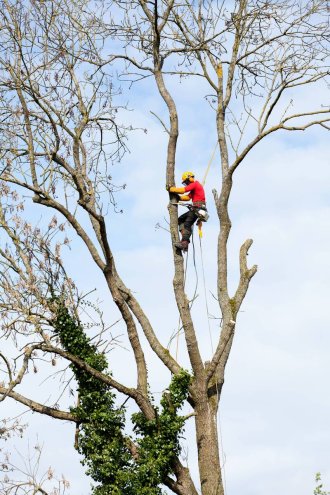
Fall Lawn and Landscape Care Tips As the vibrant colors of summer fade and fall begin to take over, it's essential to focus on lawn and landscape care. Fall is crucial for yard care as you prepare for the colder…
Read More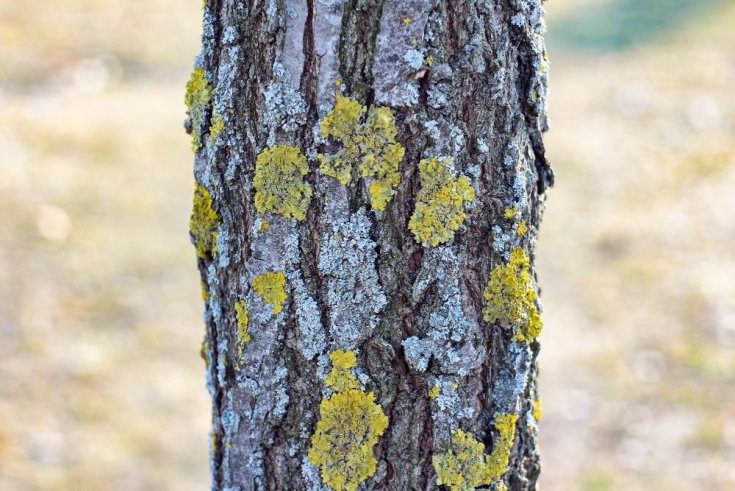
5 Common Tree Disease Treatments Trees are vital for our environment, providing shade, oxygen, and beauty. However, trees are susceptible to diseases that can compromise their health and longevity. As a reputable tree care company, Driscoll Tree Service provides proper…
Read More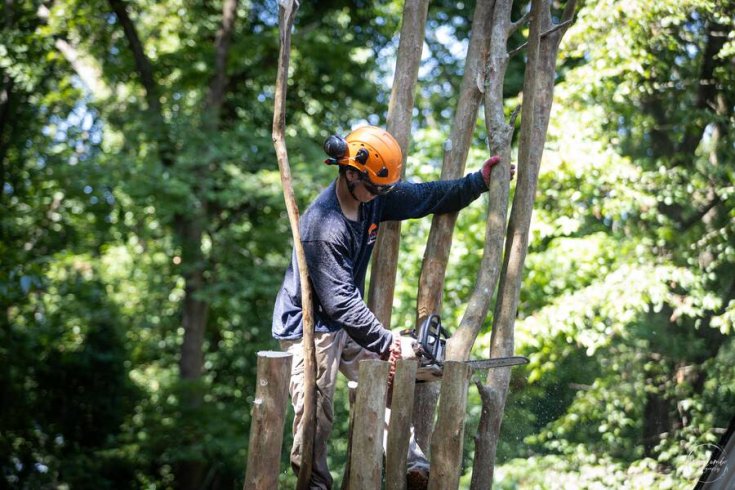
Trees are beautiful, strong, and bring life to your yard - but only when they’re well cared for. Regular tree trimming keeps your trees healthy, prevents branches from growing too close to your home, and reduces the risk of falling…
Read More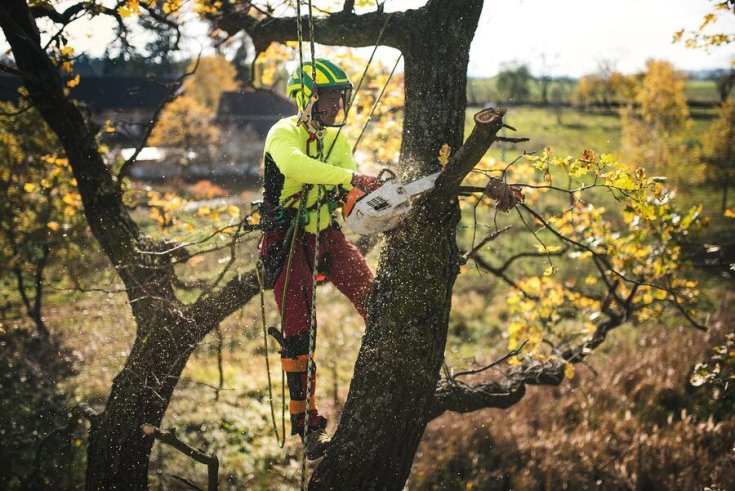
What Exactly Is an Arborist Report? Trees are a valuable addition to our environment, providing oxygen, curb appeal, shade, and a habitat for various species. However, when it is time for tree removal, especially protected ones, there are legal and…
Read More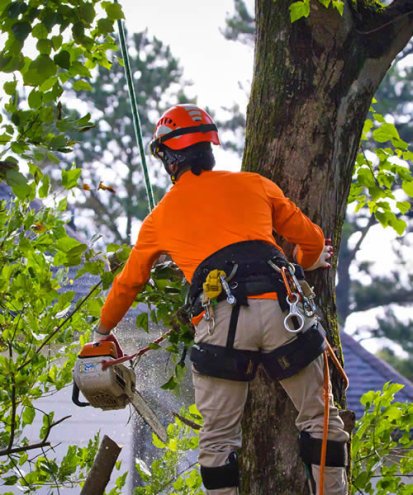
Tree Trimming Safety Tips Tree trimming is a vital aspect of landscaping and garden maintenance that helps keep trees healthy and aesthetically pleasing. However, it can also be hazardous if not done correctly, causing severe damage and premature tree removal.…
Read More